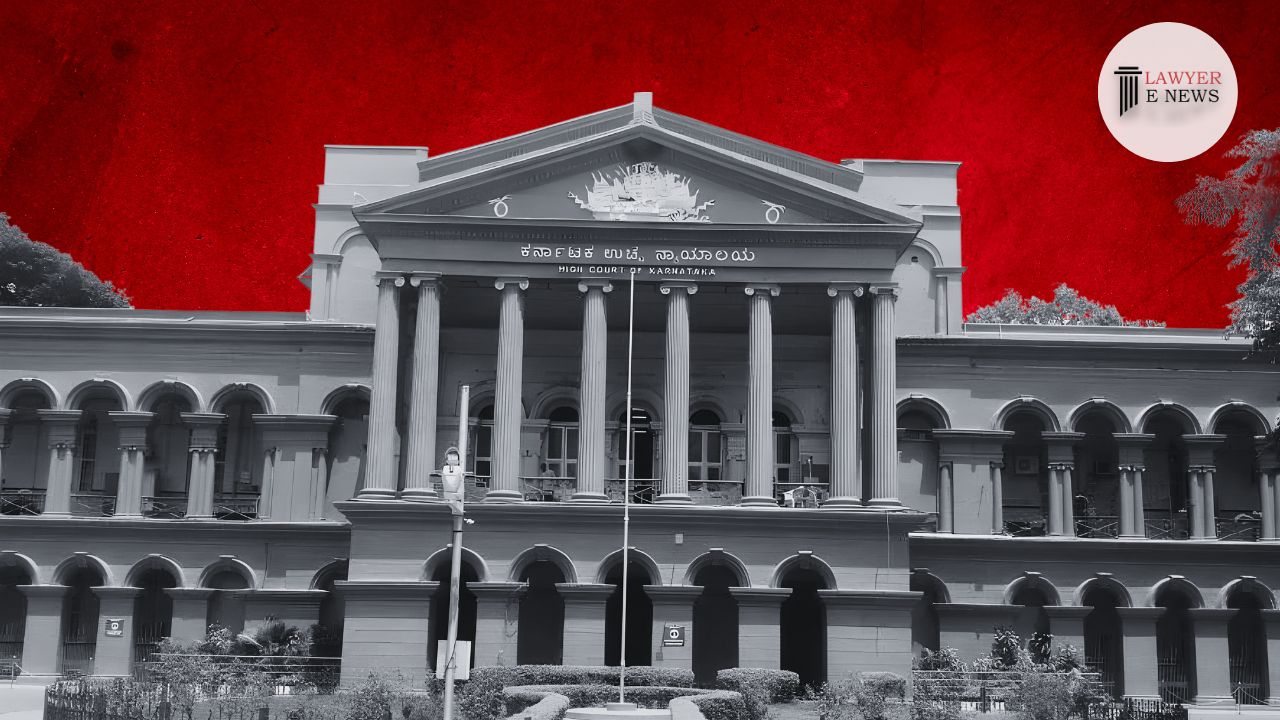-
by Admin
17 February 2026 4:27 AM



In a significant ruling on a cheque bounce case, the Karnataka High Court, led by Justice G. Basavaraja, dismissed a revision petition challenging the conviction under Section 138 of the Negotiable Instruments Act, 1881. The case involved a dishonored cheque of Rs.60,300, and the petitioner contended improper service of the legal notice and incorrect address in legal proceedings.
The High Court meticulously analyzed the material placed before it, focusing on the service of the legal notice and the address verification of the accused. Upholding the presumption under Section 114(e) of the Indian Evidence Act and Section 27 of the General Clauses Act regarding the service of notice, the court observed, "There is a presumption under sub-Section (e) of Section 114 of Indian Evidence Act, 1872 that the Court may presume the existence of any fact, which it thinks likely to have happened, regard being had to the common course of natural events, human conduct and public and private business, in their relation to the facts of the particular case."
The Court also noted the endorsements on the Registered Post Acknowledgement Due (RPAD) cover and the postal authorities' remarks as valid and undisputed. The accused's failure to rebut the prosecution evidence or provide contrary proof of residence was a crucial factor in the judgment. "The postal authority, being an official entity, has endorsed on the postal cover that the accused has refused to receive the legal notice issued on behalf of the complainant," the Court emphasized.
Addressing the minor contradictions in the complaint details regarding the date of the loan and the issuance of the cheque, the High Court considered these discrepancies as not significantly affecting the case. This stance aligns with the precedents set in earlier rulings, particularly citing the case of P. RASIYA v. ABDUL NAZER AND ANOTHER.
High Court dismissed the revision petition, affirming the judgments of the lower courts. The accused has been directed to deposit the remaining fine amount within 30 days. This ruling highlights the Court's firm stance on the seriousness of cheque bounce cases and the importance of adhering to legal procedures in financial transactions.
Date of Decision: 18th January 2024
SMT. DIVYA SHREE K.V. VS SRI R. RAJA
